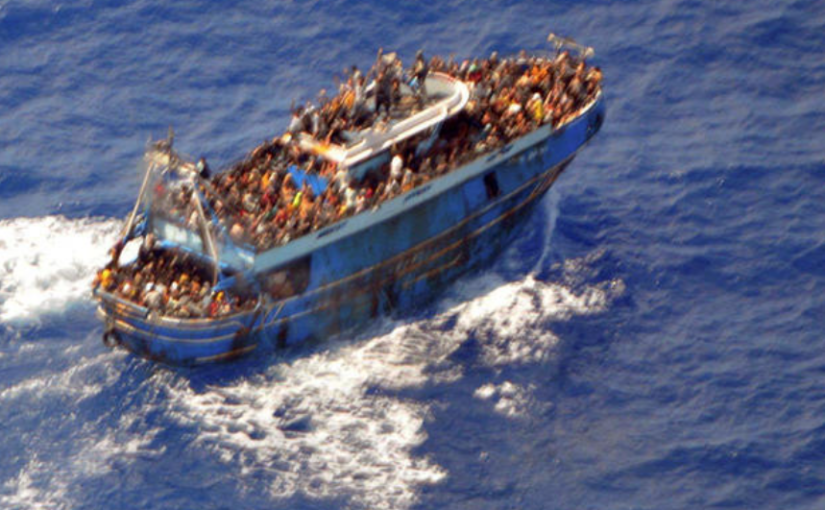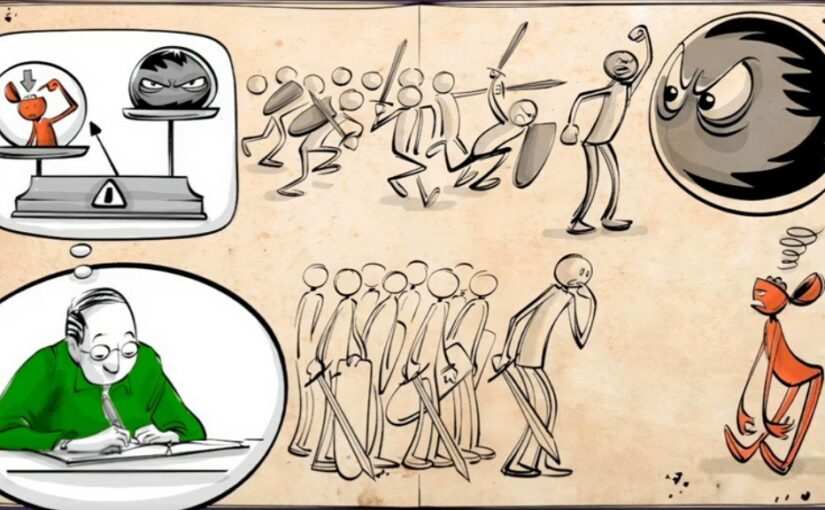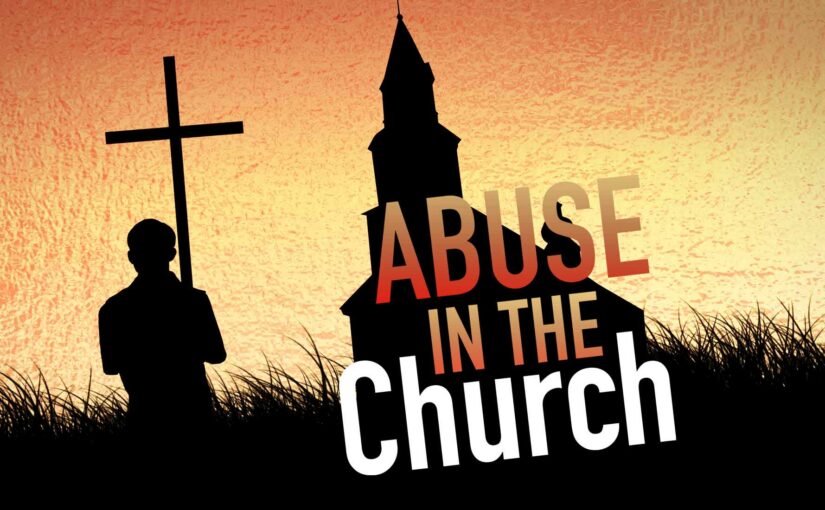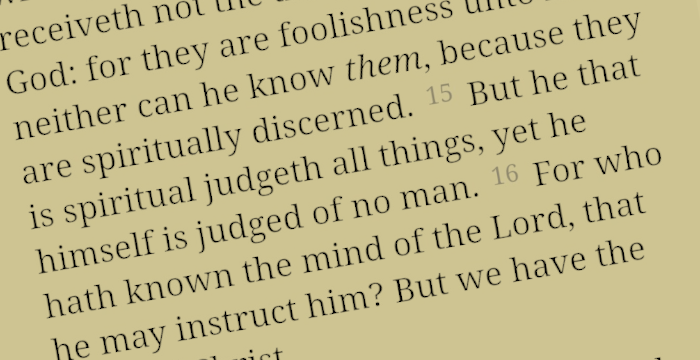Imagine a human life born into the world the way we all are born into the world, coated in serum and blood, vulnerable to all that brings us harm, lain on a mother’s breast.
Imagine a human life born, like most humans, into a poor family with parents who sweat for their daily bread, a human life threatened from the start by homicidal mania.
Imagine a human life lived as a child in exile, in a land where they are strangers, where a different language is spoken, absent a community of trust and care.
Imagine that when Jesus comes home as a young boy to the village of his parents, people stare at him, and whisper “bastard.” Schoolboys taunt him, ask him if Mary knows his real father.
Imagine a mother with arms that console, with a voice that teaches him to love the Scriptures and to pray the Psalms. Imagine a human life that begins to see itself in the words read and the words prayed; imagine that the Word is so inscribed on this human’s body and mind and heart that the greatest teachers of his day hear in his voice the Wisdom that inspires the prophets, that gives harmony to the psalter.
Imagine a human life that gradually becomes aware that its life is somehow identical with the life that makes suns and galaxies, orchids and sequoias, eagles and panthers, that gives breath to all that flies and swims and crawls, a human that is One with the architect of atoms and cells, the kindler of stars, the molder of mountains.
The other humans, including his mom and stepdad are not quite sure what to make of his bewildering humility. He is always putting others first, always waiting on them and everyone in the smallest of ways without caring if anyone notices the kindness or him. At times they feel as though perhaps they ought to bow in reverence because his words and acts are so full of life and hope and healing.
Imagine a human life lived for decades in obscurity, where at the end of most days, muscles tired and achy, he shakes sawdust from his hair and rinses grime from his arms, and sets a table for the widowed vulnerable Virgin who brought him into the world, who taught him so much, and now has him alone to protect and provide for her.
Then one day this woman asks him to do for others what he has on occasion done for her—to make wine where there is no wine. And then there is a baptism, and a sojourn in the wilderness, and a transfiguration. The blind see, the lame walk, and the dead live again because his spit and voice and breath are not only human but divine.
Imagine a human that does not seek equality with God but is among all humans as servant. Imagine a human life that refuses the sword and tells us to love our enemies. Imagine a life that does human things divinely and divine things humanly.
Imagine that living this kind of human life leads the church of his time and the rulers of his moment to plot against him and to snuff out his way of becoming human, to shame anyone in the future from even trying to be human as God is human.
Imagine a human that forgives our entire species even as we reject and despise and murder God.
Imagine that when this human dies from our violence he does not stay dead but that in death and beyond it he stays human. He so rearranges the structures of death that they are now instead a portal to the life of God for everyone who dies with him.
Imagine a human life that journeys to hell with the dead and preaches as a dead man to those bound in chains; that as he speaks the fetters that held them there are broken by love.
Imagine that the human life I’ve just described in all the ways I have described it appears embodied again after death, freed from death, liberated from any threat that can limit his promises to us and to the world.
Now, imagine that this is the sort of human life that ascends to the right hand of God. Imagine that what it means to live this sort of human life and to die this sort of human death is to ascend—to become forever the measure of what it means to be God and what it means to be human, for this Son who is given to us descends to become human and ascends to remain human.
And despite all appearances to the contrary his way of being human, his way of humility, is now the way things are with the world, and now death has no power over his ascended life or ours.
His humility causes our humanity to ascend with him so that right now what is truest about you and me is that our lives are hidden with Christ in God, that we are seated in Christ next to the Father; that we are in him there, and that he is in us here, and that with him we are One with the Father by the Spirit.
This is but one facet of the great mystery of Ascension, that complex, neglected, beautiful, and consequential reality that Christians trust and that we celebrate today.
Have patience. In time, God is kind with us and will help us know this reality and to live this reality, right now and forever.
Image: The Ascension of Christ, Salvador Dali, 1958









